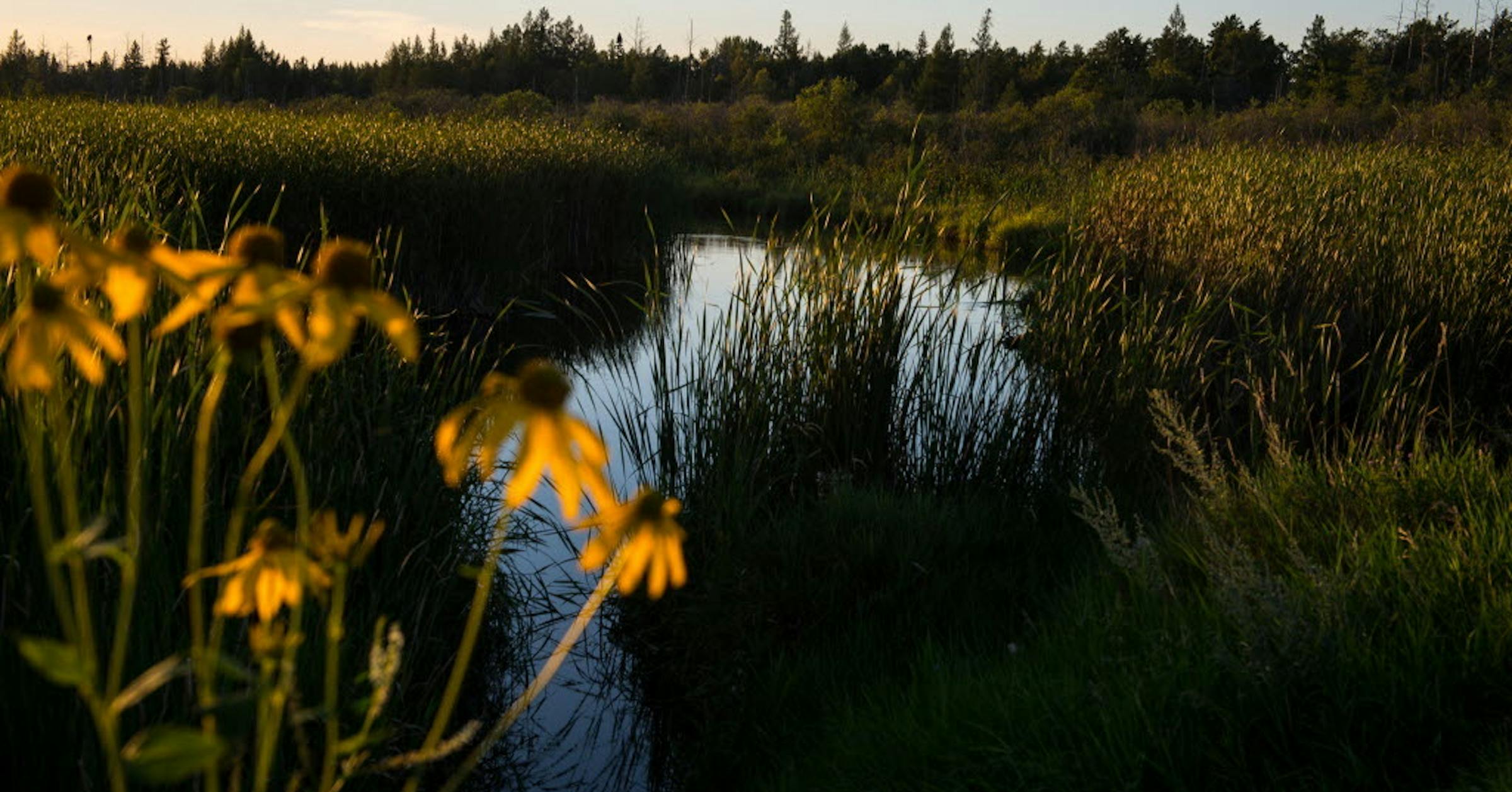Does Minnesota adequately protect water from nitrate pollution? Judge orders agencies to find out
By Trey Mewes
Copyright startribune

Last year, state officials provided water to southeast Minnesota residents with polluted wells who were pregnant or had infants. Lawmakers directed $16 million in 2024 toward well testing, inventorying wells in the region and cleaning up wells polluted with farm runoff, among other issues.
Environmental groups say they’ve been frustrated for years with Minnesota’s commitment to changing its nitrate standards, arguing that agencies have dragged their feet over updating their policies to protect private well owners from pollution. They also contend there’s little incentive from federal officials to address nitrate runoff.
They would like to see more flexible standards in place for farmers depending on where nitrogen is leaking — the porous geology of southeast Minnesota is different from sandy central Minnesota, and the standards may need to shift to accommodate the terrain.
“If you want to regulate nitrogen fertilizer applications, you have to begin not by saying these are all voluntary guidelines,” said Paul Wotzka of the Minnesota Well Owners Organization. “You have to begin by saying there is a loss of nitrogen here that is not tolerable.”
Wotzka, a retired hydrologist who once worked for the MPCA, said he hopes state officials will start focusing on more preventive measures that could address contaminated aquifers and curb the health issues cropping up among rural residents.
Minnesota officials have measured nitrate water pollution since 1990. Nitrate levels largely have risen across the state since then. Although cities and towns have wastewater treatment plants to address pollutants, private wells aren’t regulated, and owners have to treat water on their own.



